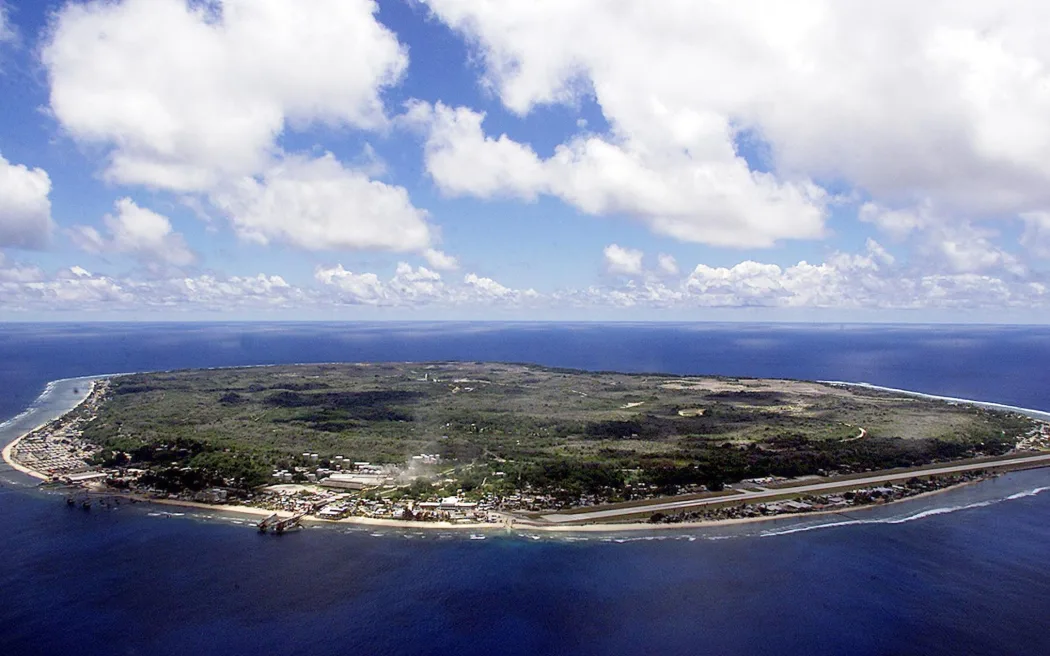
Nauru is trying to overturn a decision that froze the country’s bank accounts.
Bendigo Bank has temporarily postponed its withdrawal from Nauru, the Pacific Island nation, after signaling its intention to close the country’s sole bank. The decision comes amidst a potential alternative offered by a Chinese state-owned bank, sparking concerns in Canberra.
Last year, Bendigo Bank announced plans to exit Nauru by December 2024, citing a desire to streamline operations and focus on its Australian business. However, the move raised apprehension in Nauru, with businesses, households, and government agencies fearing the loss of essential financial services.
Efforts by Canberra to secure another Australian bank to fill the void intensified when a delegation from the Bank of China visited Nauru last week. The delegation engaged in discussions with President David Adeang and senior officials regarding potential solutions to address Nauru’s banking concerns.
In response, Bendigo Bank has extended its withdrawal timeline by six months, pushing it to June 2025, to facilitate an orderly transition. While the exact timing of Bendigo’s decision remains undisclosed, the move aims to provide Nauru and Australia with additional time to find a suitable solution.
The emergence of the Bank of China as a potential replacement underscores China’s growing financial presence in the Pacific. Last year, the Bank of China established a representative office in Port Moresby, Papua New Guinea, signaling its intent to deepen bilateral cooperation and enhance trade.
During discussions with Nauru officials, the Bank of China expressed interest in setting up a branch to fill the void left by Bendigo. However, the firmness of this offer remains uncertain.
Nauru’s financial history, marred by scandals and money laundering concerns, complicates the search for a replacement bank. While ANZ and Westpac are potential candidates, Nauru’s perceived riskiness may deter global banks from entering the market.
The potential shift to the Bank of China raises questions about currency usage and Australia’s strategic interests in the region. Despite concerns, Australian officials are focused on ensuring Nauru maintains access to essential financial services.
Australia’s commitment to supporting Nauru’s banking infrastructure reflects its status as the nation’s largest development partner. However, Nauru’s reliance on fees from a refugee processing center further complicates its long-term financial sustainability.
While challenges persist, efforts to find a mutually beneficial solution continue, with Australia reaffirming its commitment to supporting Nauru’s economic resilience. As the dynamics evolve, the future of banking in Nauru remains uncertain amidst geopolitical and economic considerations.